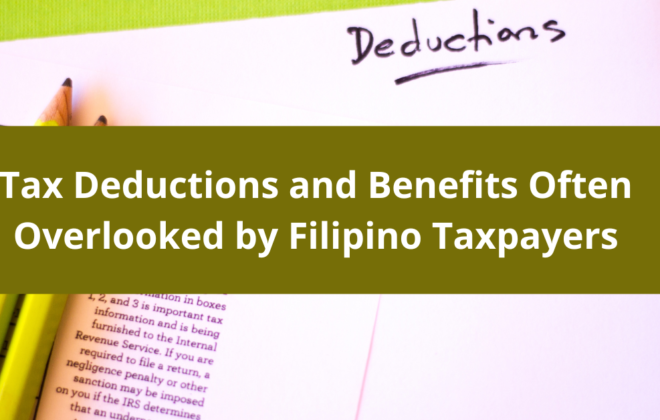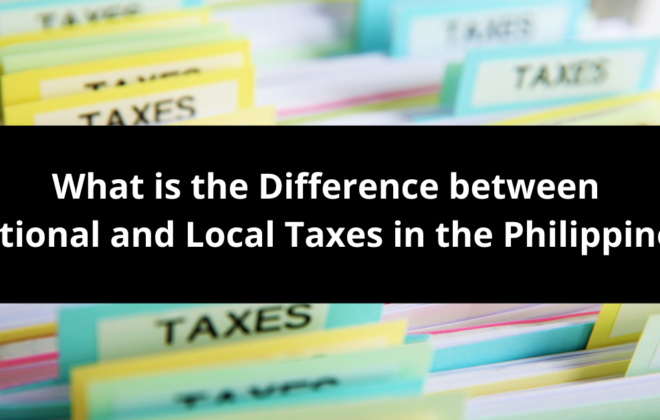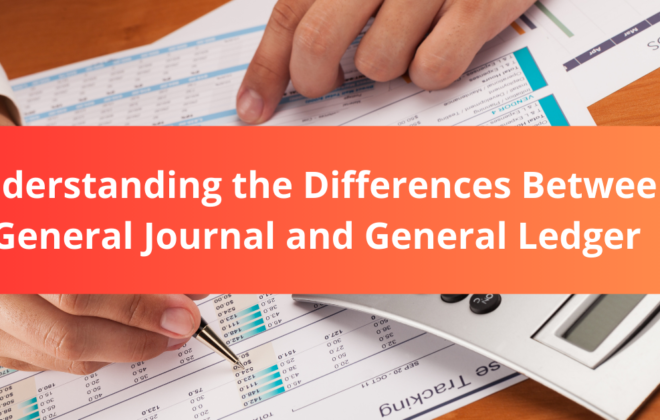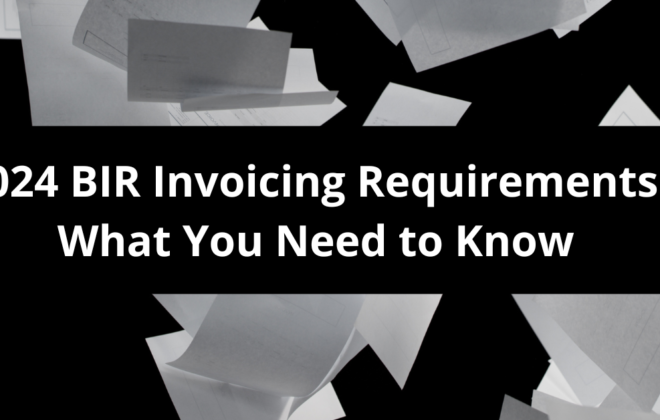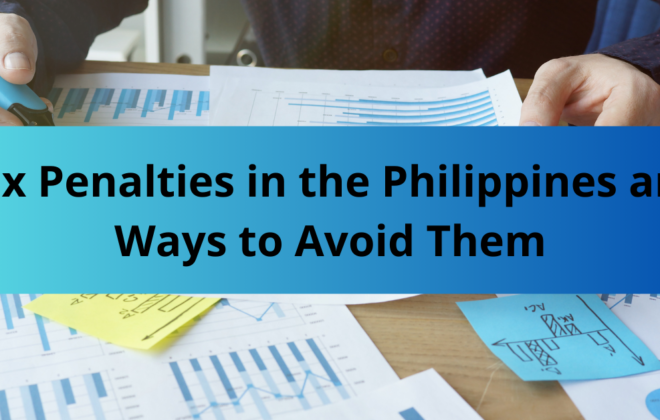New Features and Functionalities of the Online Registration and Update System (ORUS)
The Bureau of Internal Revenue (BIR) has made a significant leap towards simplifying tax compliance in the Philippines. With the release of Revenue Memorandum Circular (RMC) No. 121-2023, the BIR introduced enhancements to the Online Registration and Update System (ORUS), aiming to streamline registration processes…
A Comprehensive Guide to Taxation for Freelancers in the Philippines
As a freelancer in the Philippines, managing taxes might seem daunting and confusing. With many freelancers now making their mark in digital fields, understanding tax basics is more important than ever. Let’s break down everything you need to know about taxes – from registration to…
New Tax Laws in 2024: What Changes Filipino Taxpayers Should Prepare For
The year 2024 ushers in significant tax reforms that aim to streamline the Philippine tax system, boost revenue, and support economic recovery post-pandemic. As with any major tax changes, it’s important to stay updated so you can comply with the new regulations and avoid penalties….
How to Avoid Common Tax Mistakes in 2024
Tax compliance can be a tricky maze to navigate, especially with changing regulations and deadlines. Many Filipinos, whether individual taxpayers or businesses, fall into the trap of making mistakes that can lead to penalties or legal trouble. In 2024, the Bureau of Internal Revenue (BIR)…
Tax Deductions and Benefits Often Overlooked by Filipino Taxpayers
With ever-changing tax laws and requirements, not many Filipino taxpayers are able to handle their tax compliance effectively. Most are aware of their basic tax obligations but many miss out on various deductions and benefits that could significantly reduce their tax liability. Understanding and taking…
What is the Difference between National and Local Taxes in the Philippines?
Navigating and understanding taxes in the Philippines can be a bit of a maze. With the ever-changing tax laws and the different government entities imposing them, we can’t help but get confused sometimes. Today, we’re going to discuss the main difference between national and local…
Understanding the Differences Between General Journal and General Ledger
The terms “General Journal” and “General Ledger” can be confusing, especially if you are a new business owner and knowing the difference between them is crucial. After all, your taxes depend on the accuracy of your books of accounts, which include the General Journal and…
2024 BIR Invoicing Requirements: What You Need to Know
The BIR remains committed to helping taxpayers understand and adjust to the changes brought about by the Ease of Paying Taxes (EOPT) Act. The Bureau released several RMCs, guidelines, and advisories to help clear up any confusion or worries that our taxpayers may have. One…
Tax Penalties in the Philippines and Ways to Avoid Them
If you are a business owner, it is beneficial to have the basic understanding of the tax penalties that may be imposed on you for non-compliance with tax laws and regulations. The penalties can add up quickly, leaving you with a big tax bill that…
Invoicing requirements and Registration Procedures in 2024
The Bureau of Internal Revenue (BIR) issued a series of Revenue Regulations (RR) to implement Republic Act No. 11976, otherwise known as the Ease of Paying Taxes Act, which aimed to make it easier for taxpayers to comply with tax regulations. For now, let’s…
Recent Posts
- New Features and Functionalities of the Online Registration and Update System (ORUS)
- A Comprehensive Guide to Taxation for Freelancers in the Philippines
- New Tax Laws in 2024: What Changes Filipino Taxpayers Should Prepare For
- How to Avoid Common Tax Mistakes in 2024
- Tax Deductions and Benefits Often Overlooked by Filipino Taxpayers





